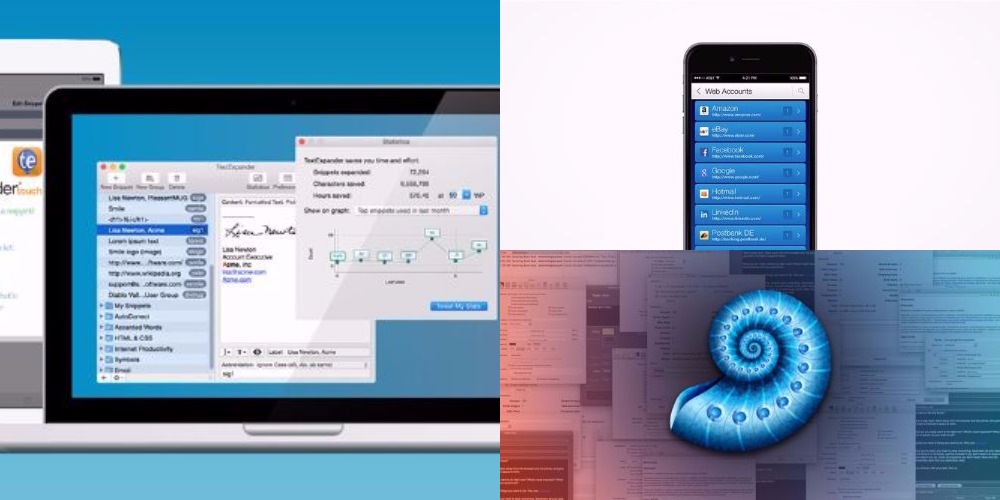


- #Academics devonthink pro for mac
- #Academics devonthink pro manual
- #Academics devonthink pro full
- #Academics devonthink pro pro
- #Academics devonthink pro Pc
#Academics devonthink pro for mac
Wondershare Allmytube 7 3 For Mac Free Downloadīackgrounds 3 0 – Dynamic Desktop Wallpapers Desktop Wallpapers Syncovery 7 94a – Back Up And Synchronize Your MacrosĬoinverter 1 0 3 – The Currency Converter

Jump Desktop (remote Desktop) Rdp Vnc 7 0 4 Privatus 6 0 – Automated Privacy Protection Program
#Academics devonthink pro pro
But believe me, a little organization goes a long way (no, HUGE way) toward moving this project along and putting together what I hope my editor will see as one fantastic book proposal.Devonthink Pro Office 2 10 1 Download Freeĭemon Hunter 3: Revelation Collectors Edition 1 0 All of this probably sounds much more complicated than it is really is, if you’re not familiar with these programs. But the process has allowed me to see that there are many more puzzles in this project that I first noticed. Granted, right now most of those words are think-aloud about where I am on honing the topic. I’ve been really surprised to see just how long it -doesn’t- take to get those words out. I then dump those words into Scrivener, which I will use as my writing platform once I get a bit farther along on the concept/narrative structure for the book. Wicked Write or Die and set the goal for 500 words. At the end of my research sessions, I then head over to Dr. That’s where I put random think-aloud notes, along with a DTP link to the snippet that got me thinking about whatever I was thinking about for later reference. As I read/import snippets, I’m keeping a file in DTP called “Brain Dump”. In each snippet reference, I add the short citation that I’ll need when I write and, later, create a bibliography using Zotero.
#Academics devonthink pro full
As I take notes, I’m careful to input the full bibliographical reference into Zotero, along with a hotlink to the Devonthink folder where I am keeping the snippets from the book. But more important, I’ve moving closer to a better understanding of where I want to go with this project. Now a full month into the process, I’m starting to be able to do the artificial intelligence/”see also” cool things that Johnson talked about. Another book was available on Kindle, so I was able to highlight the passages I wanted to retain and then import them into the database, using Amazon’s online page where I can see all of my highlights in one place.

The first book I read was not available online–so I typed interesting/important snippets from the book into DTP (using a similar approach as Johnson, with a folder for each title and RTF files for various snippets). Steven Johnson also has done a good job explaining why the database can be so dang useful: A few other helpful posts about Devonthink here as well: I dove into the French Revolution book proposal head-long about a month ago, when the travel for Blood Work started to let up, I started by rereading some concise histories of the French Revolution.
#Academics devonthink pro manual
I’ve reread the manual and have read lots of different web posts by academics who use the program for their research. It took awhile, but I’m feeling comfortable using Devonthink Pro as my database (the learning curve is pretty steep).
#Academics devonthink pro Pc
This was a really helpful summary of available tools (for Mac users mostly–there has to be something similar for PC users). I started by doing a lot of research on how other writers and academics organize their work. Not any more! So for this latest book, I’m pleased to report that I may have found a work flow! And of course, it has to have a few cool technological bells and whistles (not surprising to anyone who knows me well…) But most importantly, I’m seeing how it’s all going to work for me. Everything I did, computer-organization-wise, felt ad hoc. The learning curve was huge–and was made worse since I was in the thick of revisions. (Notably, that I could not export easily my data and the search function felt a little clunky.) When the PC died just days before the book was due to my editor (post about that here ), I decided to switch to Mac. I wrote the draft of Blood Work on my PC and a few months in started using OneNote, which I liked but also found incredibly frustrating at times. After I finished Blood Work, I vowed that I would never again do a major research project without first figuring out a research/writing work flow. Writers unite! So in this spirit of sharing, let’s talk work flow. I sure could use your wisdom and encouragement as I work on my next book proposal…and in return, you can count on whatever modest wisdom and encouragement I can offer on my end. The great response to last week’s post about writing groups ( I Get By With a Little Help From My Friends ) has really gotten me thinking that–in addition to sharing great stories in history–we might do some more talking about the ups and downs, joys and challenges, of writing on this blog.


 0 kommentar(er)
0 kommentar(er)
